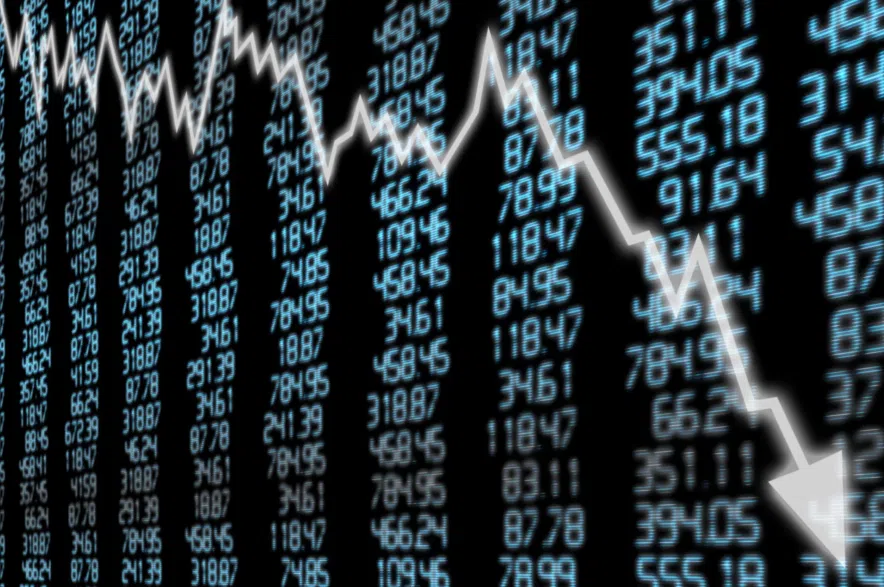A Regina investment adviser says the U.S.-Canada trade war could have a significant impact on retirement savings.
Bryan Baker, managing partner with 20Twenty Wealth Management, outlined two possible scenarios for those investing in the market.
Read more:
- ‘Near-record demand’: Sask. housing market surges, defying tariffs concerns
- Scott Moe shares thoughts on federal election, tariffs on Evan Bray Show
- Saskatchewan reacts to new Trump auto tariffs
For younger people with a pension plan, Baker said the drop in the stock market could be a best-case-scenario, as they get the chance to buy investments at really good prices.
“Once the inevitable turnaround happens, your investments are going to accelerate. But that only happens if you’re in the accumulation phase of your life cycle,” Baker told 980 CJME.
But, Baker explained, it’s a different story for retired people. He said retirees should employ a cash wedge strategy, which uses multiple asset classes and diversifies their portfolios.
The investment advisor explained that the goal is to diversify portfolios so they don’t get hit with a 100 per cent loss, and also allocate some of it to suit the investor’s income needs.
Baker said 20Twenty tries to set up a cash reserve of at least two years for its clients.
“You want to make sure that you have the cash wedge strategy, to make sure that regardless of what’s happening in the markets you know that you’re not going to be losing any money, because you’re not having to crystallize those losses by selling units of investment for your income, because we have that cash reserve set aside,” he explained.
Baker said it’s important for people to understand that an investment loss doesn’t become final or “crystallized” if it isn’t actually sold.
“If we don’t sell, we haven’t essentially lost anything,” he said.
“If you think of it like owning a property in the housing market, if the housing market’s in a slump and you don’t have to move, you just don’t sell. You wait until there’s more demand and higher potential prices.”
Baker said it’s important to note that since the Second World War there have been a total of 48 corrections of at least 10 per cent in the S&P 500 stock market — about one every 20 months.
“Of those 48 corrections, only 12 fell into bear market territory, which is a loss of at least 20 per cent in the market, Baker said.
“Even back in 2018, (then U.S. President Donald) Trump’s tariff chaos caused the S&P 500 index to experience three 10 per cent corrections in February, October and December, but by the end of the year the stock market was only down about 6.24 per cent, but it was a really rocky year.”
Baker said having two to three years worth of one’s annual income requirement set aside for safety means investors can ride out these volatile times.
He also urged people to avoid making panicked decisions.
“Trying to do it on your own is very, very difficult,” he said.
“We’re in emotional times. It’s very, very easy to panic, and panicked people sell at a loss.”
Read more:











